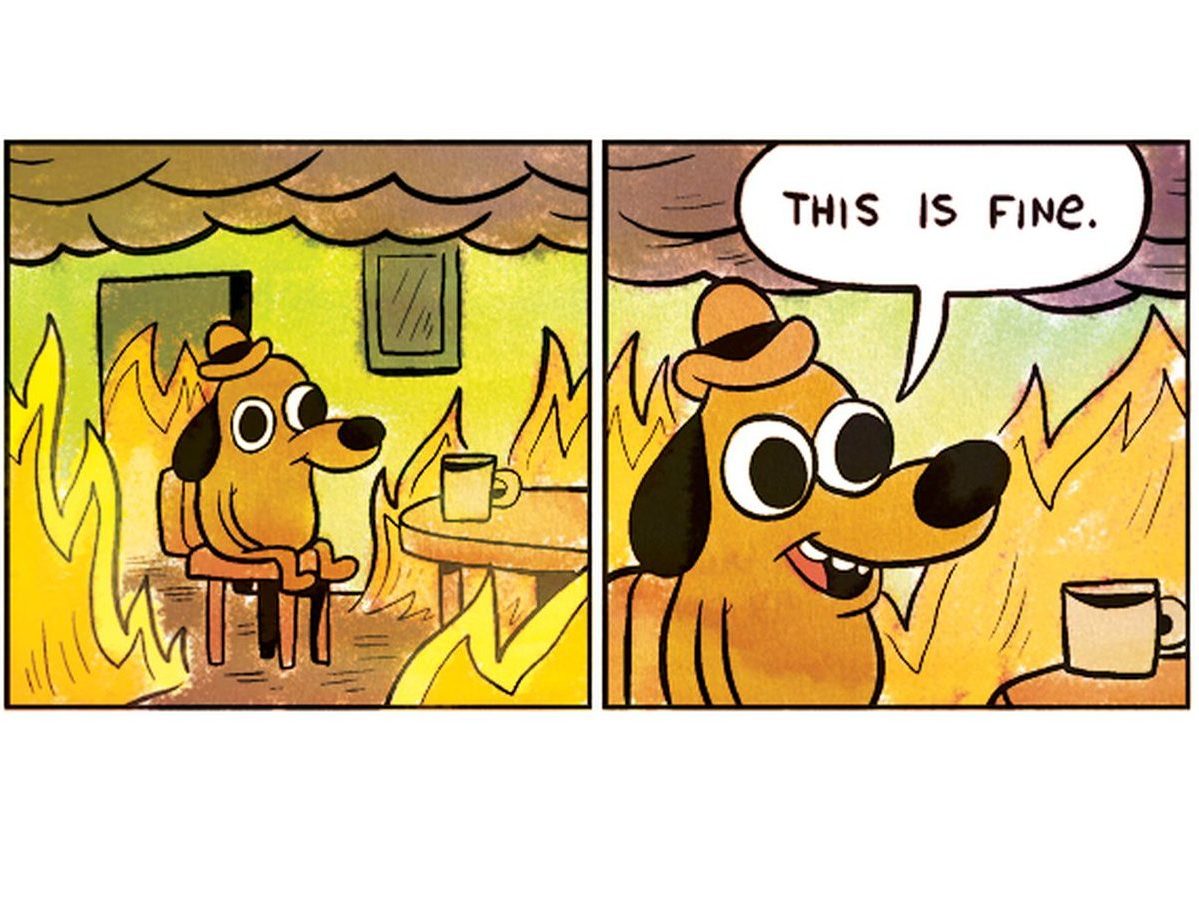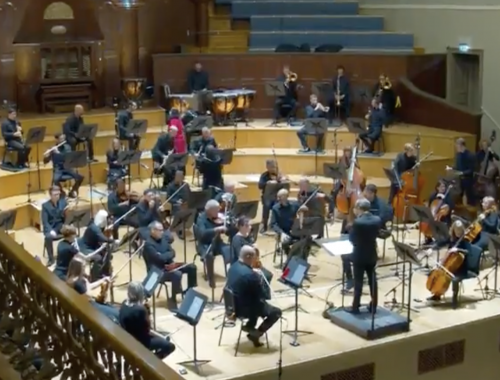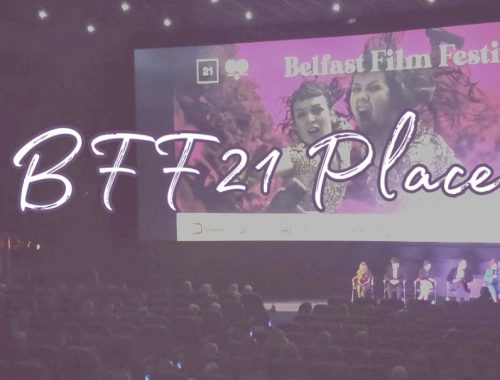Everybody’s Gotta Start Somewhere
At the beginning of the summer, there was a meeting for everyone taking AEL3001. In this meeting we were told we needed to secure our placement for the end of August. This was not what I wanted to hear. I had been so focused on other things that I had completely forgotten to research or contact any companies.

After scouring through resources and companies, I came across Martha O’Kane on the list of contacts we were handed out. I contacted her and she reached out to let me know that she no longer worked for Erica Starling (the company it said to contact on the sheet), but that she had started her own production company and would be more than happy to take me on for the year. I’ve now been working with her since September and am just over 2 months into my placement. In order to best reflect on my initial experiences at this placement, I am going to employ Gibbs’ Reflective Cycle as it “encourages a clear description, analysis of a situation, and examines what would do should the situation happen again. (Jasper, 2013)”

Description:
Before I started my placement, I was asked by Martha what sort of areas I’m interested in. I told her I was into editing, but I hadn’t quite decided what I wanted to pursue yet. Subsequently, at the beginning of my placement, I was then given my role in the team: Assistant Editor. However, it wasn’t until I was given the tasks for my placement that I understood what that meant. I was assistant TO THE editor. I was doing the monotonous jobs that needed done, without taking on any actual editing responsibility. I had to log around 20-30 hours of footage for a documentary the team was working on alongside logging archive for a second documentary.
Feelings:
When I first started my placement, I went in with real optimism and excitement. It was such a surreal experience to finally be doing something I’m passionate about and work in an area I believe I was born to work in. Before my placement began, I was asked to sign an NDA, which I thought was awesome. I was being entrusted with protected footage that only a handful of people were going to see. I felt important, like I was part of a Marvel movie. This was exaggerated by the fact that I was consistently told how important my tasks were and how it’s going to help me stand out in future job applications. However, when I found out I was just going to be logging, I was really disappointed. I felt like I had been cheated out of a valuable placement because it wasn’t what I had envisioned in my head beforehand. I was initially thinking big-budget Hollywood, which, looking back, was extremely unrealistic.
Evaluation:
One good thing about this experience was getting to meet people in the industry, albeit over Zoom. So far, I’ve had the opportunity to meet with directors, editors, producers, you name it. This has been really exciting because it has given me the chance to build relationships and who knows where that could lead down the lime. As well as this, although I thought the tasks were monotonous, the fact that I had people relying on me reinforced that initial importance that I felt when I signed the NDA. My job here was significant, even if I didn’t realise it at the time. Nevertheless, I do still wish that I had a larger part to play in the team. As for the bad, the placement didn’t live up to my expectations. As I mentioned previously, I was expecting big Hollywood stuff, but instead, I was working from a 2TB hard drive in my bedroom. I suppose everybody’s got to start somewhere.
Analysis:
In retrospect, I feel like I hindered my own experience by not fully embracing the placement for what it was. No, it wasn’t a job on the next Bond film, but it was a job on a BBC show, which is still amazing. I don’t really understand why I thought that something like Bond would be a good start line, because in reality, if you start on Bond, it takes all the fun out of working towards the finish line. However, I do think that the experience I have had so far would have been helped if I had a clearer idea of what I was getting in to.
Conclusion:
Having now experienced more of my placement, I have realised now that my tasks, although monotonous, did have a purpose. The edit of the programme has now started, and I have received praise from the director and the editor on how helpful my work was to them. Additionally, I should have been more grateful because, while I was complaining about my placement, some of my classmates couldn’t even get one. This made me realise how fortunate I was to secure one so easily and I will take this gratitude into my work in the future. In regard to the logging itself, I have significantly improved my work ethic and I also know how to log archive now, which I have been repeatedly told, is a great skill to have. Unless they just lied to me in order to encourage me to do the work.
Action Plan:
Moving forward, as I said before, I will definitely be more grateful towards the work that I get, especially due to realising that it can be difficult to secure sometimes. I will also ask the employer questions to clarify what my role within the project will actually be rather than just taking the title that I’m given at face value. Most importantly, I need to reel in my expectations, which is a lesson I’m glad I have learned early. Now I will be able to enjoy my journey to the top rather than just expecting it to be handed to me on a silver platter.
References:
Fig.1 – https://helendenheld.com/tag/gibbs-reflective-learning-cycle/
Jasper, M. (2013) Beginning reflective practice. Andover: Cengage Learning EMEA.
Pom-Pom Spiders and Sticky Fingers
You May Also Like

Facing Avoidance
26 November 2021
In at the Deep End: Recording an Orchestra
26 November 2021
